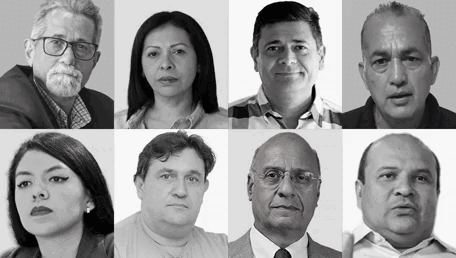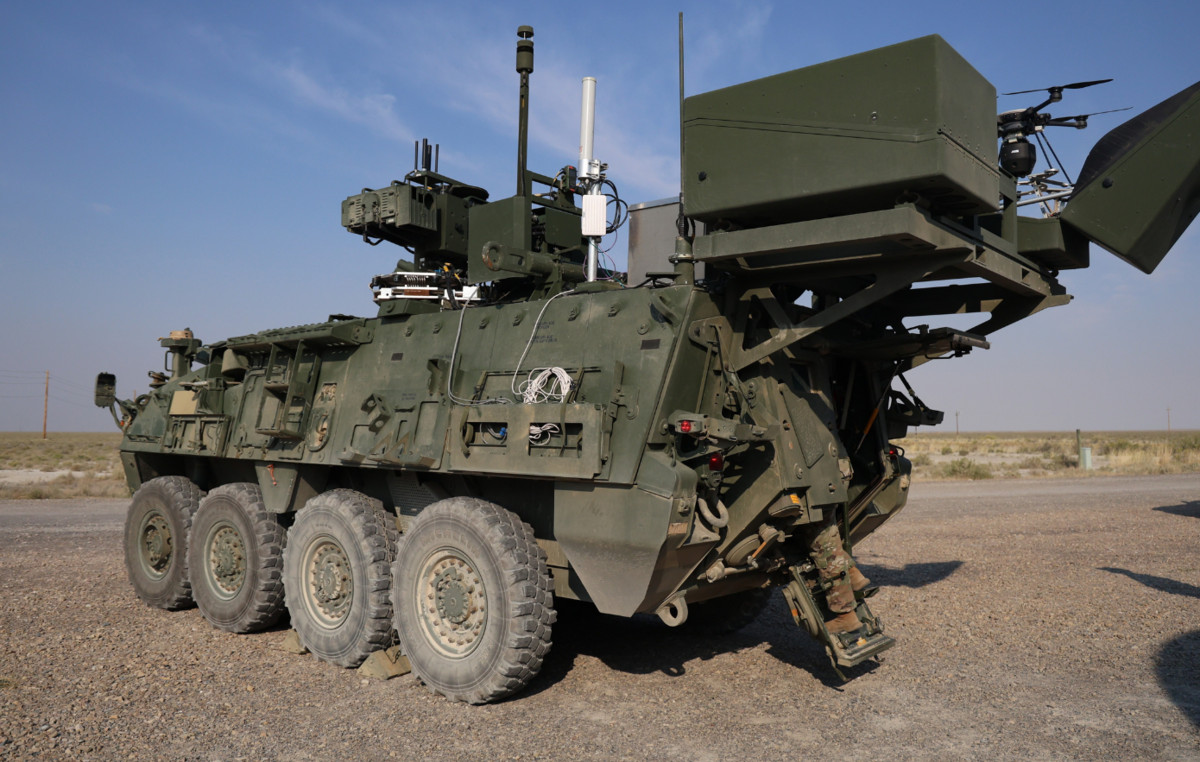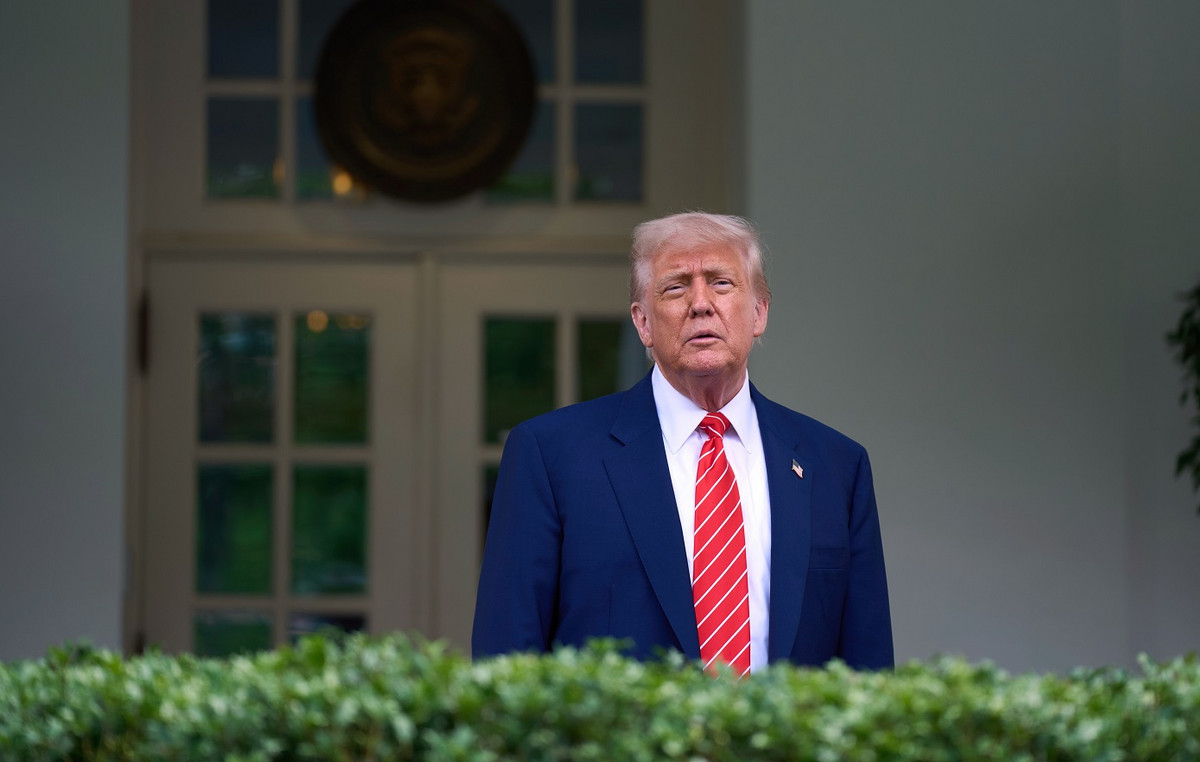In recent weeks, several NGOs in Venezuela have reported abuses against the press in their coverage of the controversial electoral process, including unfounded accusations of terrorism against journalists.
In addition, numerous members of political parties have been detained, intensifying what they call repression by the government of Nicolás Maduro.
These arrests – they say – surpass other repressive escalations of the last decade, which are already the subject of investigation by international organizations for possible crimes against humanity.
Activists, journalists and opposition leaders detained in Venezuela between March and August 2024:

Notable arrests include former Mérida state governor and Democratic Action (AD) leader Williams Dávila Barrios; former opposition deputy Américo De Grazia; and María Oropeza, coordinator of the “Command with Venezuela” in Portuguesa state, who broadcast live the moment security forces raided her home.
Days earlier, according to a video released by his party on social media, several people dressed in black forcibly took away the leader of the Voluntad Popular party, Freddy Superlano.
After the vote and the proclamation of the National Electoral Council, which declared Nicolás Maduro the winner against the opposition candidate Edmundo González Urrutia without releasing the detailed and disaggregated results, numerous protests broke out and several opponents were arrested as part of what was informally called “Operation Toc Toc”, which also affects citizens in general.

The National Union of Press Workers (SNTP) denounced the illegal and arbitrary use of anti-terrorism laws against four journalists who were detained while covering protests against the election results released by the National Electoral Council (CNE).
According to the union, they were prevented from having access to independent defense.
Marco Ruiz, secretary general of the Venezuelan National Press Union, denounces that journalists faced arrests and multiple obstacles to exercising their profession after the elections.
The Committee to Protect Journalists (CPJ) has urged Venezuelan authorities to drop terrorism charges against journalists detained following the presidential election.
The civil association Espacio Público has documented at least 16 cases of journalists having their passports revoked, as well as a series of repercussions on civil society. Marco Ruiz, secretary general of the National Press Union, offers more information on the subject.

THE CNN requested more information from the Venezuelan Attorney General’s Office about these cases and is awaiting a response.
Attorney General Tarek William Saab has repeatedly stated that all detainees in the country are entitled to due process and the right to a defense, without refuting in detail allegations to the contrary.
Congressman Diosdado Cabello, one of the prominent figures of Chavismo, responded to statements by the United States government, which expressed concern about the detention and persecution of journalists in Venezuela.
“They are not journalists, they are CIA agents working for them. They are CIA agents involved in the conspiracy. They were prepared,” Cabello said, without providing evidence to support his claims.
The Office of the United Nations High Commissioner for Human Rights warned of arbitrary detentions and the disproportionate use of force in a statement published on Tuesday.
“The United Nations High Commissioner for Human Rights, Volker Türk, expressed on Tuesday his deep concern about the continued high number of arbitrary detentions, as well as the disproportionate use of force that has been recorded following the presidential elections in Venezuela, and the resulting climate of fear,” the organization’s text describes.
Source: CNN Brasil
Bruce Belcher is a seasoned author with over 5 years of experience in world news. He writes for online news websites and provides in-depth analysis on the world stock market. Bruce is known for his insightful perspectives and commitment to keeping the public informed.







